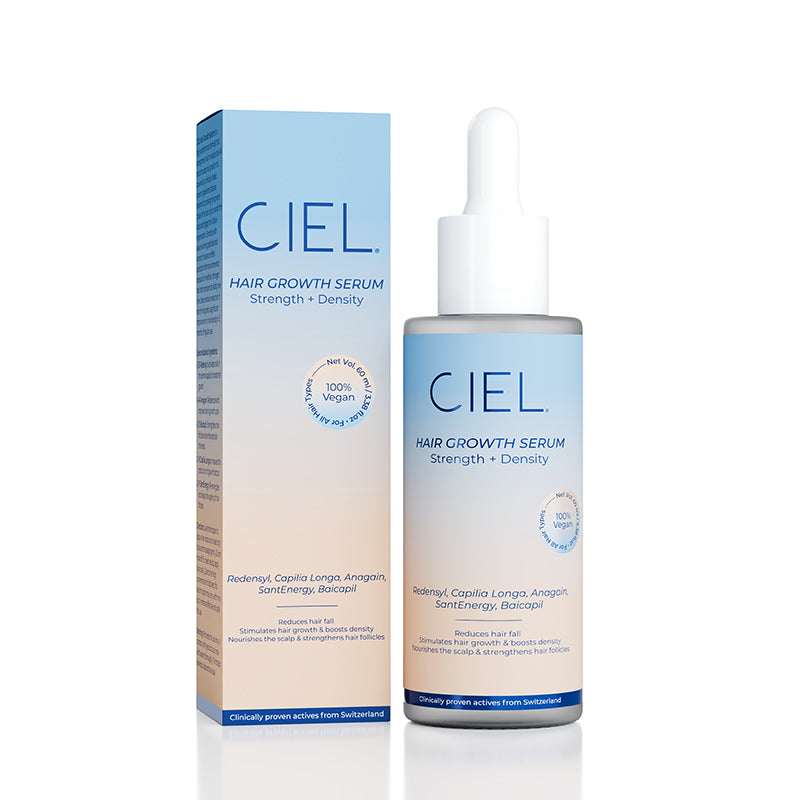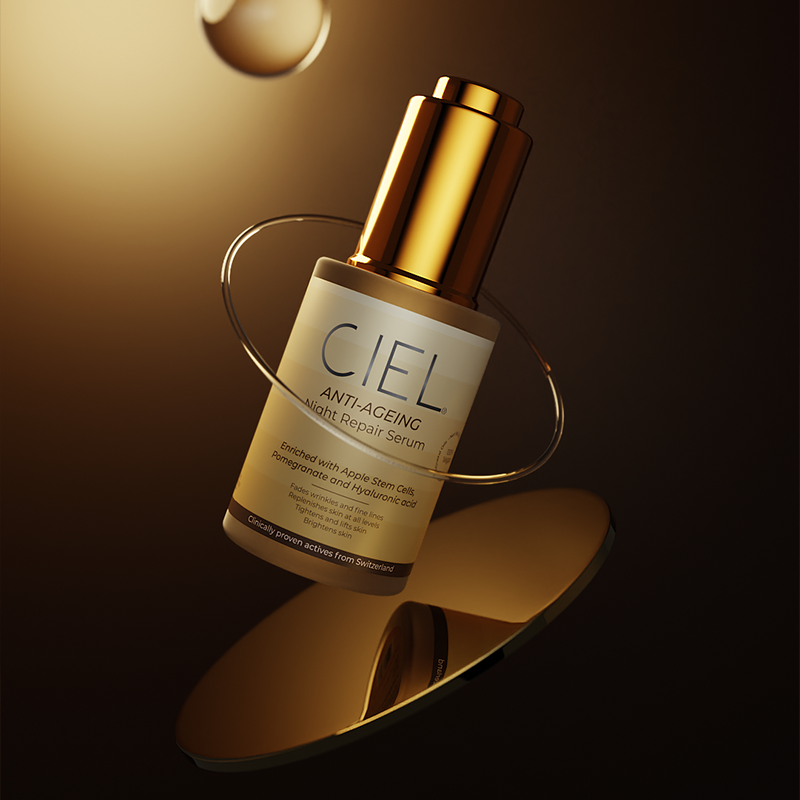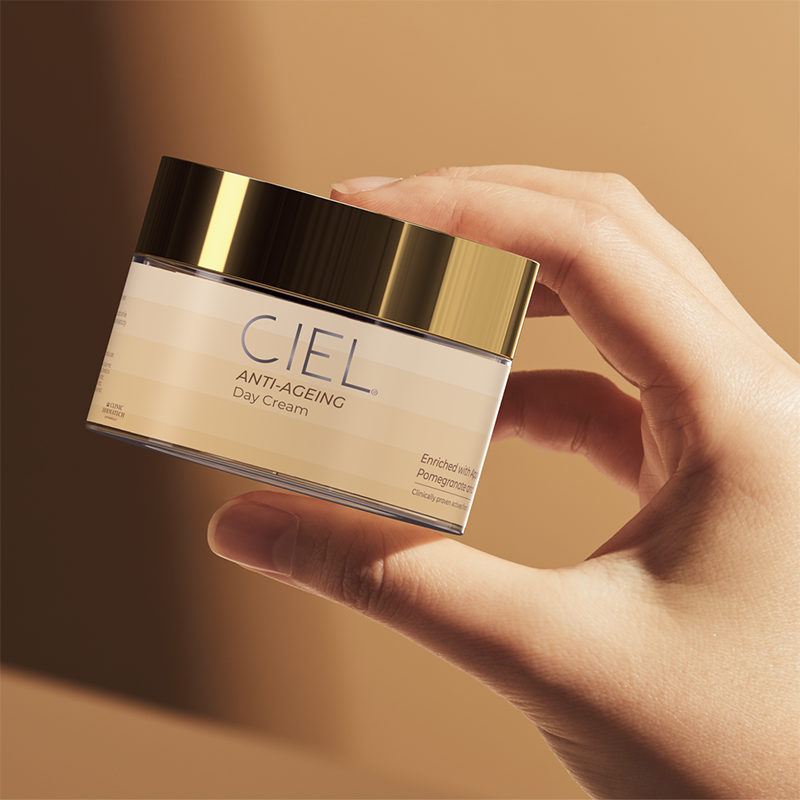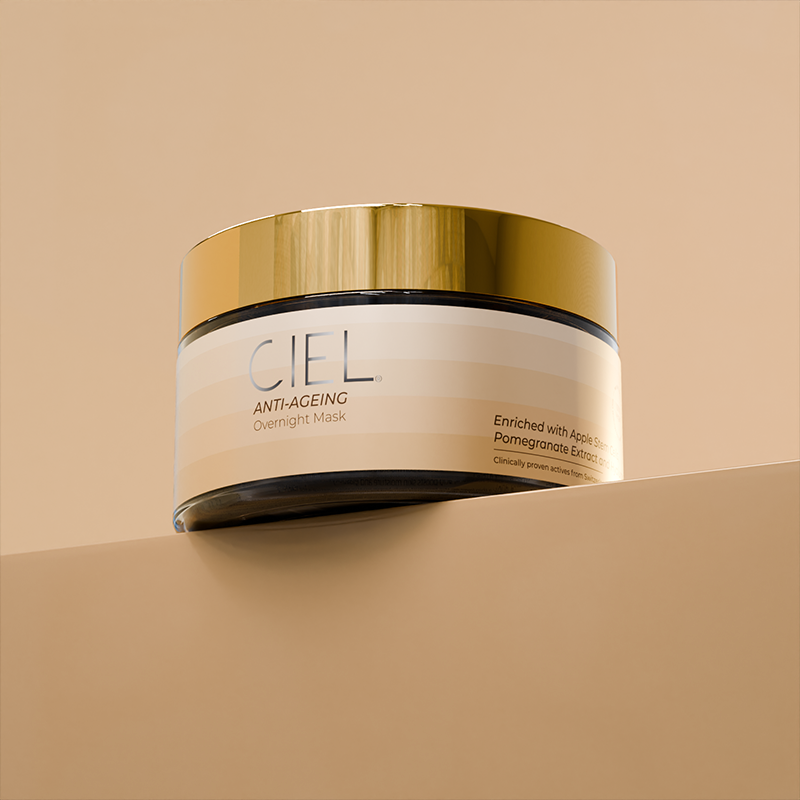Dealing with acne-prone skin can be challenging, but with the right skincare routine and products, you can keep breakouts under control and maintain a clear complexion. Here’s a guide to help you manage acne-prone skin effectively.
1. Start with a Gentle Cleanser
A good skincare routine begins with cleansing, and for acne-prone skin, it's essential to use a gentle yet effective cleanser that targets excess oil without stripping the skin. The CIEL Oil Control Face Wash is an excellent choice for this purpose. It's formulated specifically for oily and acne-prone skin, helping to reduce sebum production while keeping the skin hydrated. This cleanser ensures your pores remain clear, preventing the buildup of oil and dirt that can lead to breakouts.

2. Use the Right Face Wash
When dealing with oily and acne-prone skin, it's crucial to select a face wash that not only cleanses but also balances your skin’s natural oils. The Best Face Wash For Oily Skin should cleanse deeply without leaving your skin feeling tight or dry. CIEL Oil Control Face Wash stands out in this category, as it’s designed to cleanse effectively while maintaining the skin’s moisture balance, reducing the risk of over-drying which can lead to increased oil production.
3. Incorporate a Suitable Moisturizer
Many people with oily and acne-prone skin believe they should avoid moisturizers, fearing they will make their skin more oily or cause breakouts. This is a myth! Using a moisturizer specifically formulated for oily skin, like an Oil Control Face Cream or a Face Moisturizer for Oily Skin, can help regulate oil production. These products are lightweight, non-comedogenic, and provide just the right amount of hydration to keep your skin balanced without clogging pores.

4. Be Consistent with Your Routine
Consistency is key when it comes to managing acne-prone skin. Using the right products daily can make a significant difference. Stick to a routine that includes cleansing with CIEL Oil Control Face Wash, followed by applying an Oil Control Face Cream to moisturize and protect your skin. Over time, this consistent approach can lead to fewer breakouts and a clearer complexion.
5. Protect Your Skin from the Sun
Sun exposure can exacerbate acne and lead to post-inflammatory hyperpigmentation. Therefore, it’s important to use a sunscreen that suits oily skin. Opt for a sunscreen that is non-comedogenic and lightweight, to protect your skin without clogging pores.
6. Avoid Harsh Ingredients
When choosing products for acne-prone skin, avoid those with harsh chemicals or high alcohol content, as they can irritate your skin and make acne worse. Instead, look for products with soothing and oil-controlling ingredients that won’t strip your skin of its natural moisture barrier.
7. Consider Professional Treatments
If your acne persists despite following a good skincare routine, it might be time to seek professional help. Clinics offer specialized treatments for acne-prone skin, including chemical peels, laser treatments, and personalized skincare regimens that target the root cause of your acne. Consulting with a dermatologist can provide you with a tailored treatment plan that works specifically for your skin type and concerns.
Conclusion
Managing acne-prone skin involves choosing the right products, maintaining a consistent skincare routine, and protecting your skin from external factors like the sun. Incorporating products like CIEL Oil Control Face Wash and an appropriate can significantly improve your skin’s condition. With these tips, you can take control of your acne-prone skin and enjoy a more confident complexion.




